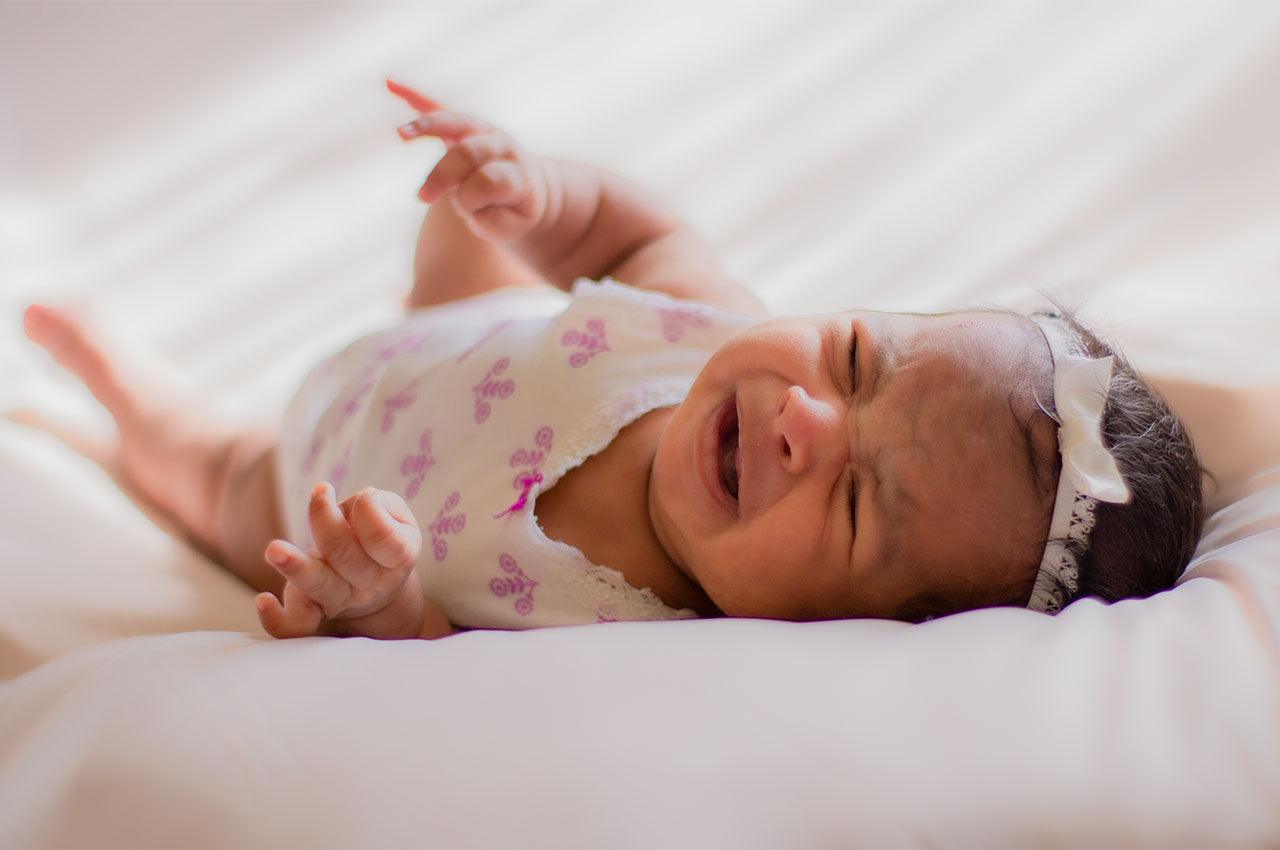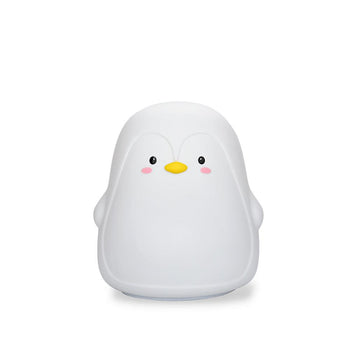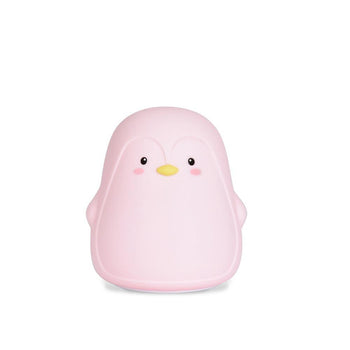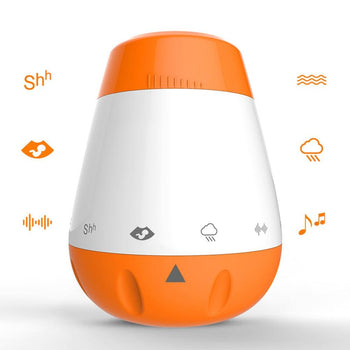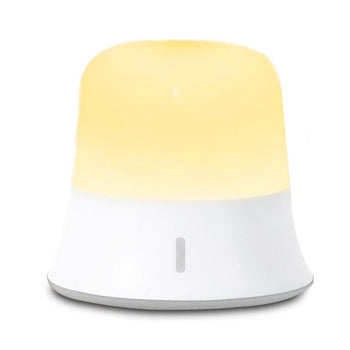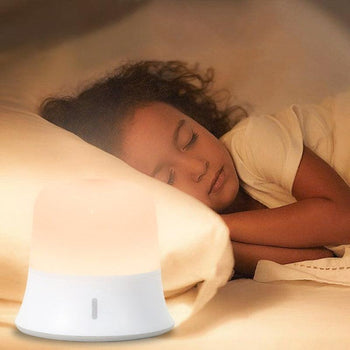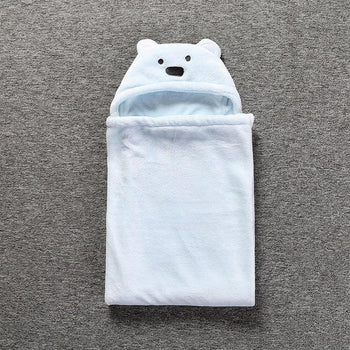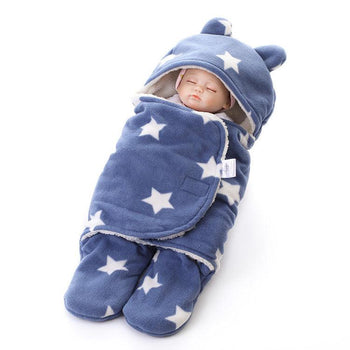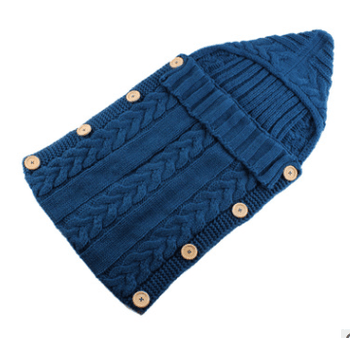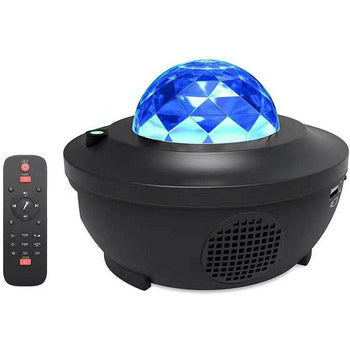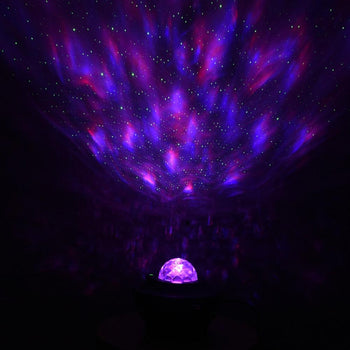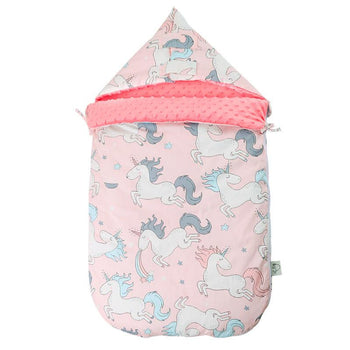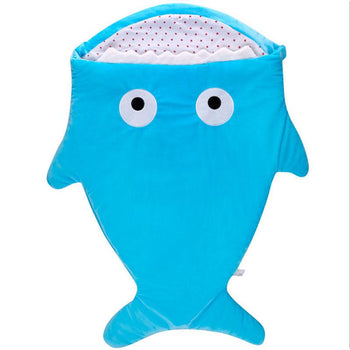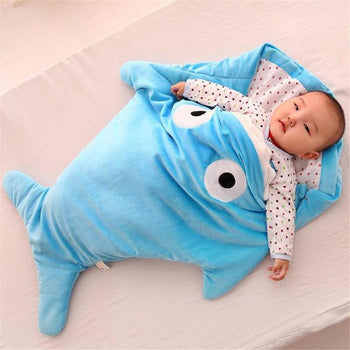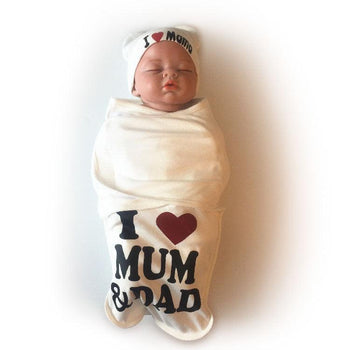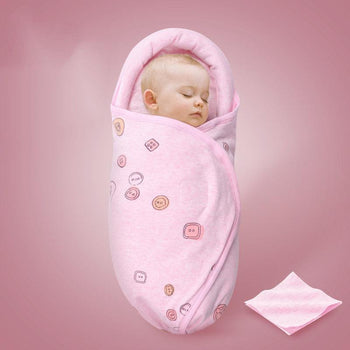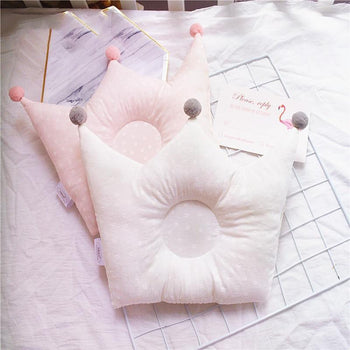It's the middle of the night and your child is crying in fear. You jump out of your bed and rush towards him. He seems to be awake, but he doesn't stop screaming. You try to appease her, but it only makes things worse.
Your baby may experience night terrors . Babies of 18 months can be victims, but it remains rare in infants.
It can be terrifying to say the least to hear his little squeal and hiss, but the good news is that night terrors are way scarier for you than they are for your baby. And in the morning, your baby may have no memory of it.
Babies and children eventually grow out of these night terrors, but before that, you may be able to take steps to prevent these sleep disturbances from occurring if or when they occur.
Keep reading to find out how to spot and avoid night terrors, and what to do if your baby experiences one.
How do you know if your baby has night terrors?
As a parent, you know that the phrase " sleep like a baby " doesn't quite describe the way most babies sleep. You're probably still very familiar with nighttime awakenings between feedings, diaper changes, and infant sleep cycles. But on a night of terror, even though you're wide awake, theoretically your baby is still sleeping.
You may initially think he's sick or having a nightmare when your baby is first scared. But it's different for night terrors and nightmares.
When your baby transitions from deep sleep to light sleep, night terrors begin at the beginning of the nocturnal sleep cycle . They can last a few minutes or up to 45 minutes, and during and after the episode your baby will remain asleep. Later in the sleep cycle, dreams arise and your baby may or may not wake up from a nightmare.
The following activities and symptoms may be a warning that your child is having a night of terror:
- Screaming calls
- Perspiration
- The commotion and the beatings
- Eyes open and glassy
- An accelerated heartbeat
- rapid breathing
Also, your child might not respond to your attempts to comfort or soothe him. It's because he's still sleeping, even though his eyes are open.
Your baby will fall back into a deep sleep after the horror of the night and will not remember this episode in the morning, even if you remember it clearly. It's not like the nightmares your child can remember when they wake up.
In general, night terrors only occur once a night.
When do babies start dreaming?
Newborns, babies and young children sleep a lot. Sleeping hours will be filled with hours spent dreaming, as they have more REM sleep than adults. During the REM (REM) cycle, dreams occur. If you want to know what your baby dreams of click here.
But scientists don't know when babies start dreaming, or what these dreams can lead to.
You can try telling them their dreams until your child starts to build vocabulary. The answers you get may surprise you. And note that it can be difficult to understand the idea of a dream. So you'll have to find imaginative ways to describe your child's dreams, such as, "Did you see any pictures in your mind while you were sleeping?
What causes night terrors?
A baby's daily life is full of stimulation. The usual things in a day are all fresh and exciting for your baby. And since your baby's central nervous system (CNS) is still developing, all of this stimulation will result in too much stimulation for the CNS. Overstimulation can lead to night terrors.
Other factors can raise the risk of night terrors for your baby:
- Disease
- To take pills
- to be overworked
- Stress
- A new sleeping environment
- Poor quality sleep
At what age do night terrors start?
In fact, infants rarely have night terrors. Most often, the crying that young babies make during the night is not related to night terrors. However, when your baby is around 18 months old, you may start noticing them.
Night terrors are more common in preschoolers, around 3 or 4 years old . This can happen in children up to around 12 years old and should stop until your child enters adolescence and their nervous system develops better.
What to do if you think your baby is having a night terror attack?
One disturbing thing about night terrors is that when they happen there is nothing you can do for your child. Symptoms that follow the night terror can be painful to watch, but remember they won't remember them in the morning.
Never wake your child during the seizure . It would disturb him and make his sleep much more difficult.
Instead, when this happens, watch your child without waking them up. It can be hard to do, but to support your child, it's the best thing you can do.
It is also important to ensure that there are no objects nearby in your baby's crib that will harm him. You'll need to make sure he won't get up and hurt himself if night terrors occur after your child is moved from crib to bed. I give you 5 tips in this article to help your baby transition from crib to bed
After a short time, your child can calm down and resume their daily sleep cycle.
If your baby has a history of night terrors, make sure everyone who cares for him knows about it. Give him advice on what he or she should do if you are out at night.
Does a child need to see a doctor?
Night terrors can be terrifying, but they're not meant to cause panic. If you suspect they have something other than night terrors, such as seizures, or if your baby seems fearful or upset all night or even during the day, you may want to talk to your baby's doctor.
Also, if your baby has other sleep problems or snores while sleeping, you can call the doctor. These may be manifestations of other disorders that need to be evaluated.
Working with a sleep therapist can be helpful if you have difficulty maintaining a good daily sleep pattern at home. Excessive fatigue and inadequate sleeping conditions can lead to night terrors, and the frequency of night terrors can be minimized by having someone help you introduce a change in sleep habits at home.
Be sure to note symptoms, sleep patterns, and other odd habits or activities that may help your baby's doctor.
Can night terrors be prevented?
One of the great mysteries of parenthood is getting your baby to sleep through the night, but a well-rested baby will be less likely to have night terrors.
Although it may seem difficult, there are things you can do to motivate the child to be calmer.
To start, it is essential to know how long your child should sleep. Children 4 to 12 months old need about 12 to 16 hours of sleep per day, including naps, and about 11 to 14 hours of sleep per day for children 1 to 2 years old.
But how can you make a baby sleep for so long, especially if he is developing, sick or teething?
Establishing a regular bedtime routine is one way to help your baby sleep better. The routine should be quick enough that any caregiver can do it, and something manageable that you can do each night.
For example, your routine might consist of brushing the baby's teeth or gums, reading a book to him, and then tucking him in every evening at the same time.
For best results, start the bedtime routine until your child starts rubbing their eyes, which is a sign of excessive fatigue.
Discover in this article a step-by-step method to put your baby to sleep in 6 simple steps with the addition of our galaxy projector , ideal for soothing in no time. Be careful not to fall asleep too.
Will my baby continue to have night terrors?
Your baby may have night terrors just once, or for days or weeks they may recur. To reduce this risk, try to create a relaxing atmosphere before and during bedtime.
To conclude on these night terrors
Besides securing the sleeping space, there is not much you can do during your child's night terror. And you can help reduce your baby's risk of experiencing a night terror in the future by adopting rituals that promote good sleep habits .
Although night terrors can be stressful and in some cases frightening for parents, they are generally harmless to your baby. Talk to your baby's pediatrician if you think her nighttime anxiety may be triggered by something other than night terrors.
I hope this article has enlightened you on the subject. Feel free to share your experiences with us in the comments.
"Reader's special" offer
Take advantage of -30% on the entire collection >>> Sleep <<<
Take advantage of this special offer with the code
DODO30
Do you want your little one to spend all their nights?
In this free guide , you'll discover 5 things you absolutely need to know.


